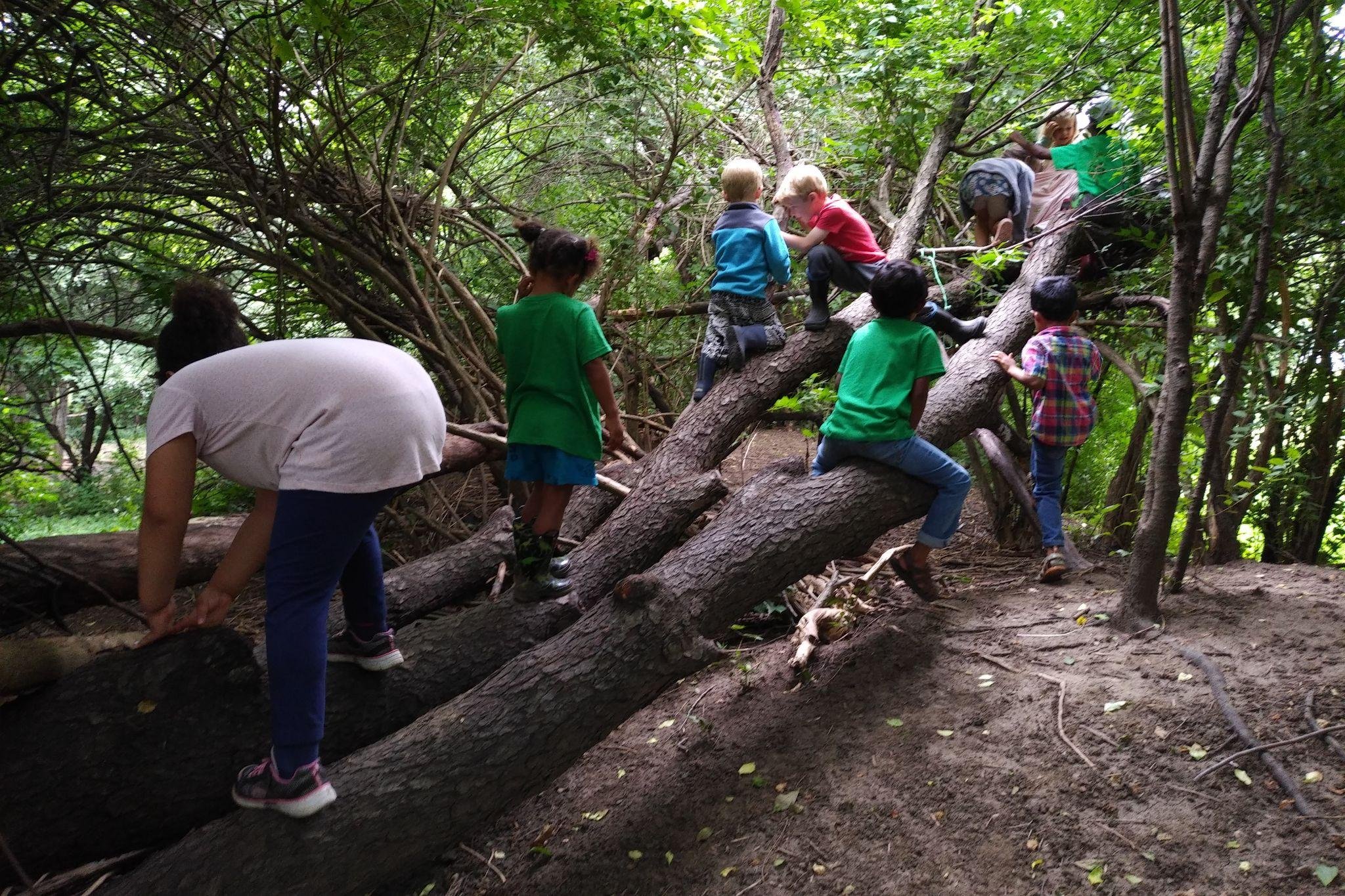One of the unique features of Waldorf summer camps is the concept of “structured freedom.” Unlike traditional summer camps that may focus heavily on sports, competition, or rigid schedules, Waldorf camps offer a balance between free exploration and thoughtful guidance. Children are given the freedom to pursue activities that interest them, while experienced counselors provide gentle direction to ensure a meaningful and enriching experience.
This approach allows kids to break away from the typical routine of structured school days and engage in self-directed exploration. Whether they’re designing their own craft project, exploring the natural surroundings, or working on a group theater production, children have the opportunity to follow their own curiosity and passions. This sense of autonomy helps develop independence, as children learn to make decisions, solve problems, and manage their time in a supportive environment.
At the same time, Waldorf camps aren’t completely unstructured. Counselors are always present, offering guidance when needed and encouraging children to try new things, work collaboratively, or even reflect on their experiences. This balance of freedom and structure promotes a sense of confidence and responsibility, as children navigate their interests while still benefiting from mentorship and community.
By giving children the space to explore without the pressure of competition or overly strict routines, Waldorf summer camps foster self-discovery, curiosity, and personal growth—traits that can last a lifetime.

